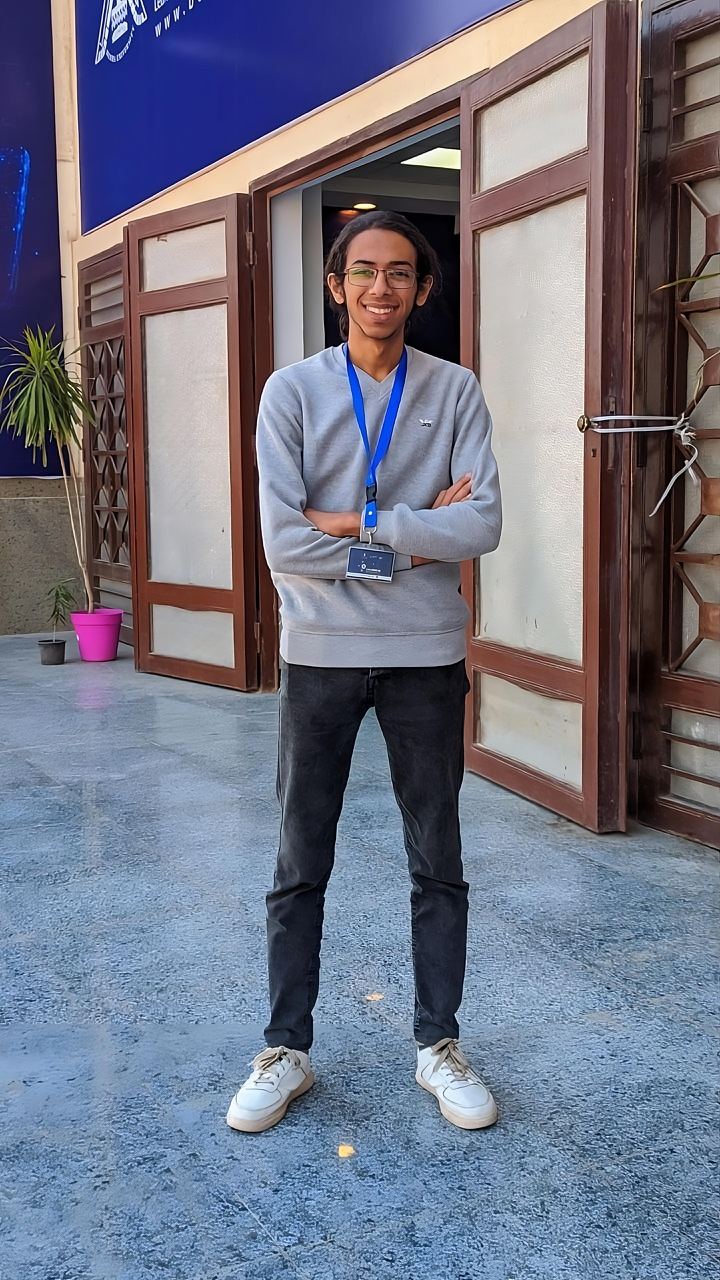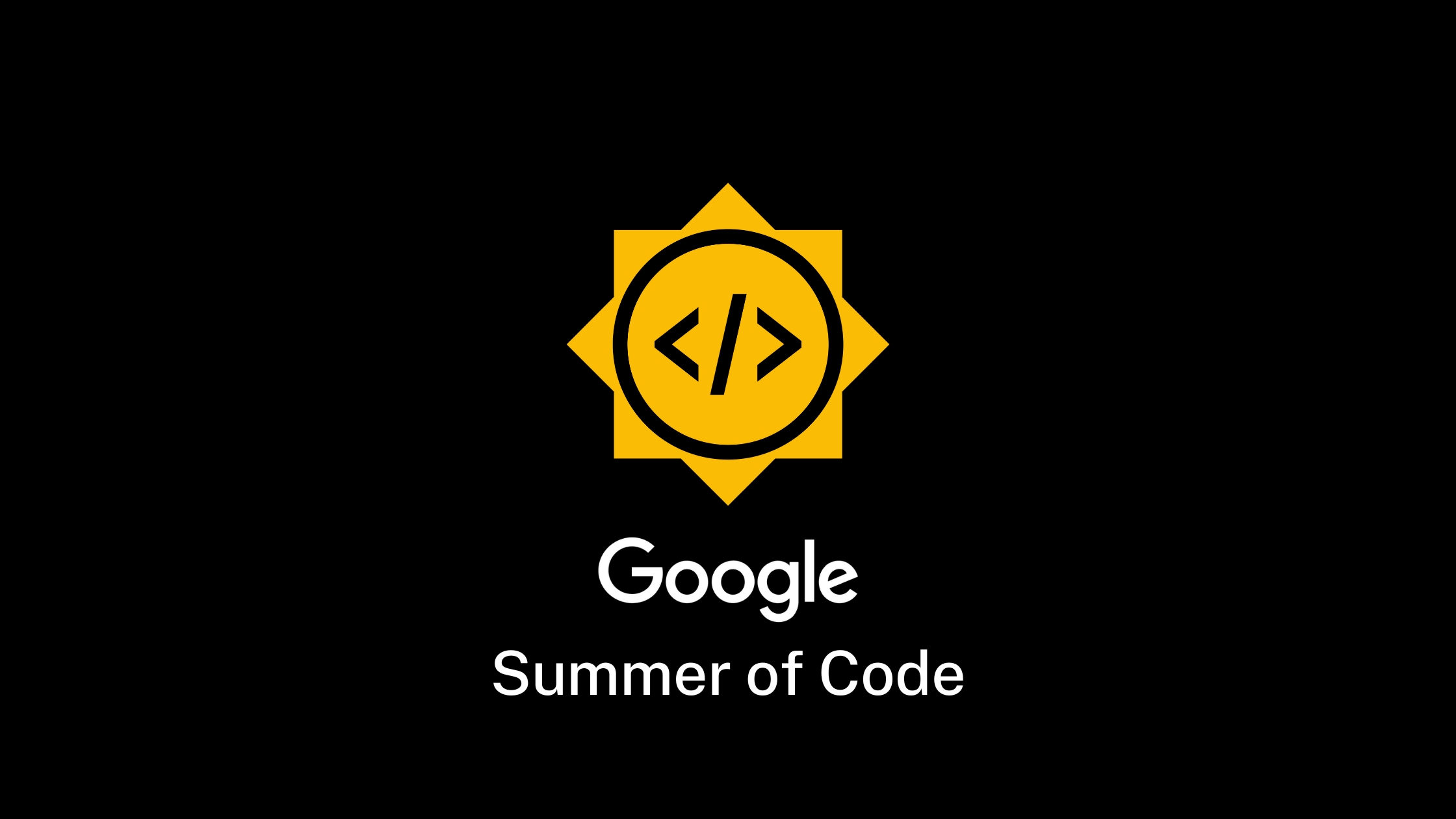Supporting Thrust API in Clad
About Me
Hi! I’m Abdelrhman Elrawy, a graduate student in Applied Computing specializing in Machine Learning and Parallel Programming. I’ll be working on enabling Thrust API support in Clad, bringing GPU-accelerated parallel computing to the world of automatic differentiation.
Project Description
Clad is a Clang-based tool for source-to-source automatic differentiation (AD). It enables gradient computations by transforming C++ code at compile time.
However, many scientific and machine learning applications leverage NVIDIA’s Thrust, a C++ parallel algorithms library for GPUs, and currently, Clad doesn’t support differentiating through Thrust constructs. This limits the usability of Clad in high-performance CUDA code.
My project addresses this gap by enabling Clad to:
- Recognize and handle Thrust primitives like
thrust::transformandthrust::reduce - Implement custom pullback/pushforward rules for GPU kernels
- Ensure gradients maintain parallel performance and correctness
- Benchmark and validate derivatives in real-world ML and HPC use cases
Technical Approach
The project begins with a proof-of-concept: manually writing derivatives for common Thrust operations like transform and reduce. These are compared against finite differences to validate correctness.
Following that, I’ll integrate custom differentiation logic inside Clad, building:
- A
ThrustBuiltins.hheader for recognizing Thrust calls - Visitor pattern extensions in Clad’s AST traversal (e.g.,
VisitCallExpr) - GPU-compatible derivative utilities (e.g., CUDA-aware
thrust::fill,transform)
I’ll also implement unit tests, real-world mini-apps (e.g., neural networks), and benchmarks to validate and demonstrate this feature.
Expected Outcomes
By the end of GSoC 2025, Clad will be able to:
- Differentiate through key Thrust primitives with GPU execution preserved
- Provide documentation and tutorials for GPU-based automatic differentiation
- Contribute a robust test suite and benchmarks to the Clad ecosystem




